In the second season of Stranger Things, Millie Bobby Brown’s character Eleven gets a classic 80s makeover. The socially-isolated middle school girl with supernatural powers takes on a punk-rock look and grows out her buzzcut.
In real life, people have been paying a lot of attention to how Brown dresses as well. For the past few weeks, she’s been travelling the country, appearing on red carpets and TV shows to promote season two Stranger Things. And she dresses well — of course she does! She’s 13, which is the age that many of us were when we began to explore making our own style choices, and, to some degree, defining ourselves through the clothes we wear. For my part, I was way too enthusiastic about knockoff Ugg boots paired with denim miniskirts. Millie Bobby Brown, however, has access to high fashion and a team of stylists so she looks chic wherever she goes.
That is par for the course for a tween star like Brown. The problem arises, however, when people try to assign some sort of sexual meaning to Brown’s outfits. That is what has happened in the weeks surrounding the Stranger Things 2 premiere.
Brown arrived at the premiere of the show in a black long-sleeved leather dress, and long, straight hair extensions. Mike Sington, a retired NBC executive, shared a photo of her with the caption “Millie Bobby Brown just grew up in front of our eyes. (She’s 13!)”
Even publications seemed to follow the “new, sexy Millie!” narrative. W Magazine listed Brown’s name on one of their covers under the heading “Why TV is Sexier than Ever” alongside names like Aleksander Skarsgard, Nicole Kidman, James Franco and Riz Ahmed.
After extensive pushback, Sington released a statement apologizing for his ‘unintended’ sexualization of a minor. However, his tweet, and the W Magazine cover, are symptomatic of a larger issue: the cultural implication that, for girls, growing older means growing sexy. Growing up in the public eye, it seems, means losing your personhood and becoming a sex object. “Look, she’s growing up!” these narratives say, but they really mean “Look, she’s becoming something we could potentially have sex with!”
This happened literally weeks after the #metoo movement on Twitter, in which people — mostly women and femmes — spoke out about the times they’d been sexually assaulted or harassed. The sexualization of young actresses is symptomatic of the same misogyny that made the #metoo movement necessary.
At one point in Stranger Things Season Two, the characters attend a middle school dance. There’s awkward slow dancing, very 80s hair and some dramatic makeup choices. You know the drill. Many of us remember the sexist dress codes at our own middle school dances — at many schools, you couldn’t show your shoulders, or your dress needed to be a certain length, or spaghetti straps weren’t allowed. It was too sexy. It was too distracting. We, like Millie Bobby Brown, were 13, and were having sexual meanings assigned to the way we dressed and presented our bodies.
Millie Bobby Brown, though she’s less awkward than most of us at 13, still deserves time to be 13. By presenting herself in a more feminine way than we’re used to, she isn’t giving the world a free pass to make her their sex object. Besides, long hair and dresses don’t necessarily mean emergent sexuality — just ask any Wellesley first-year who shows up and chops their hair off. Let Millie Bobby Brown be 13, let her dress how she wants, and — though I don’t have much hope that Hollywood will stop objectifying people in general anytime soon — I don’t think it’s too much to ask that we stop sexualizing children.

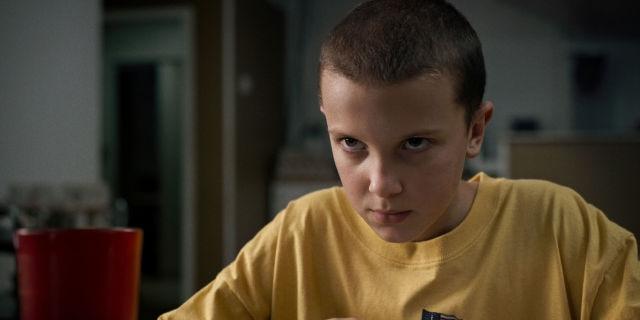

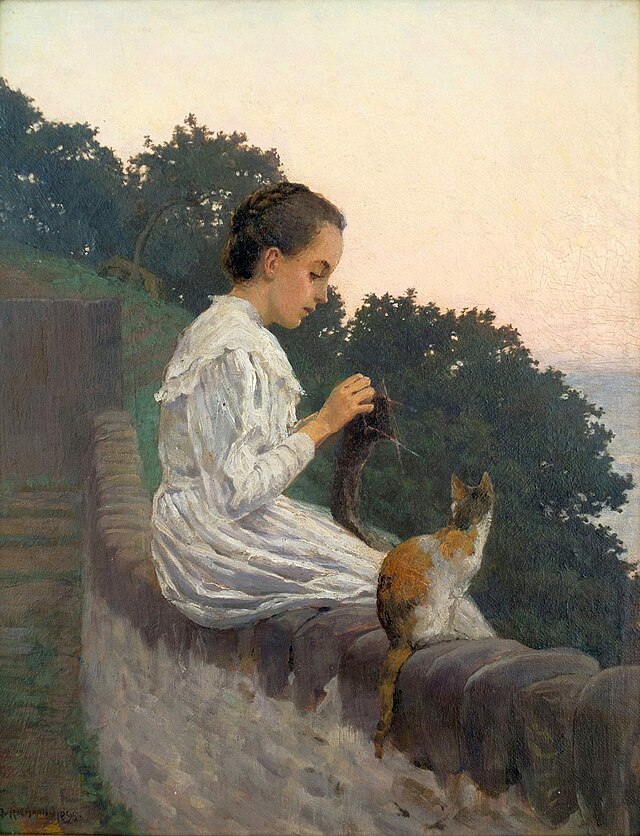
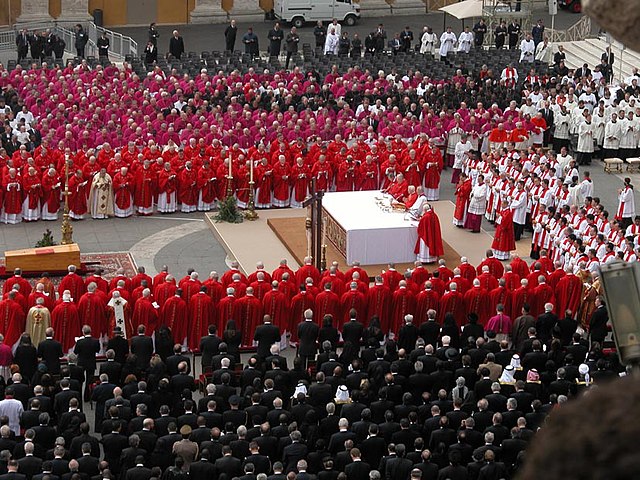
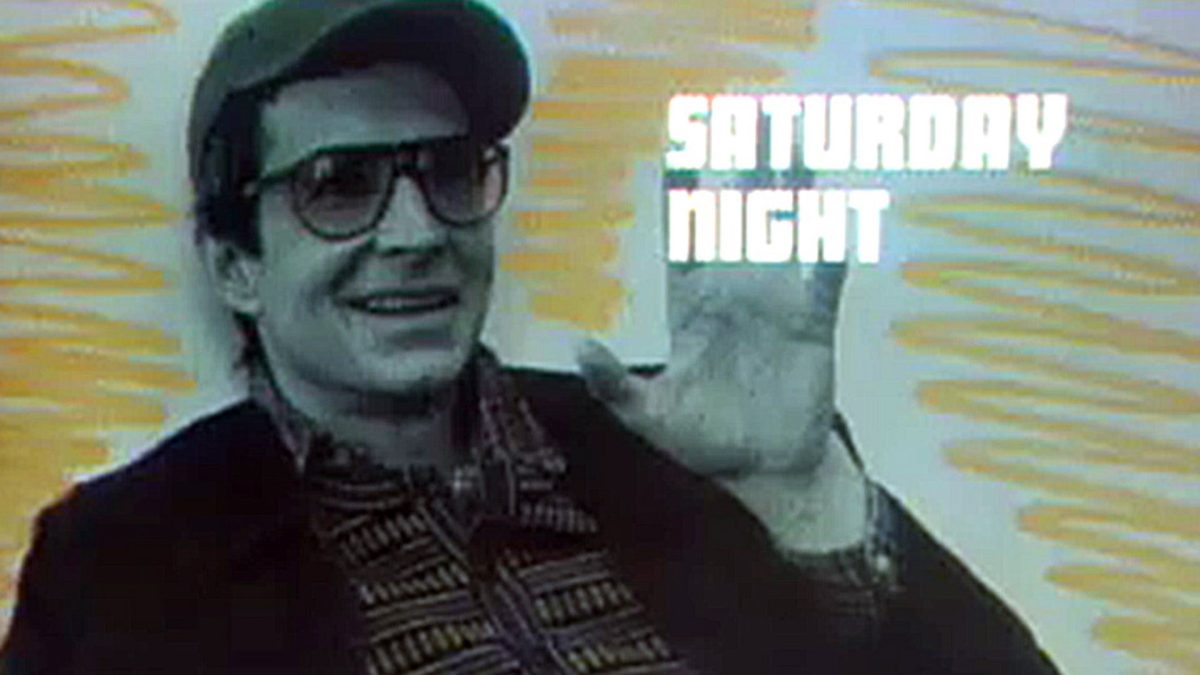
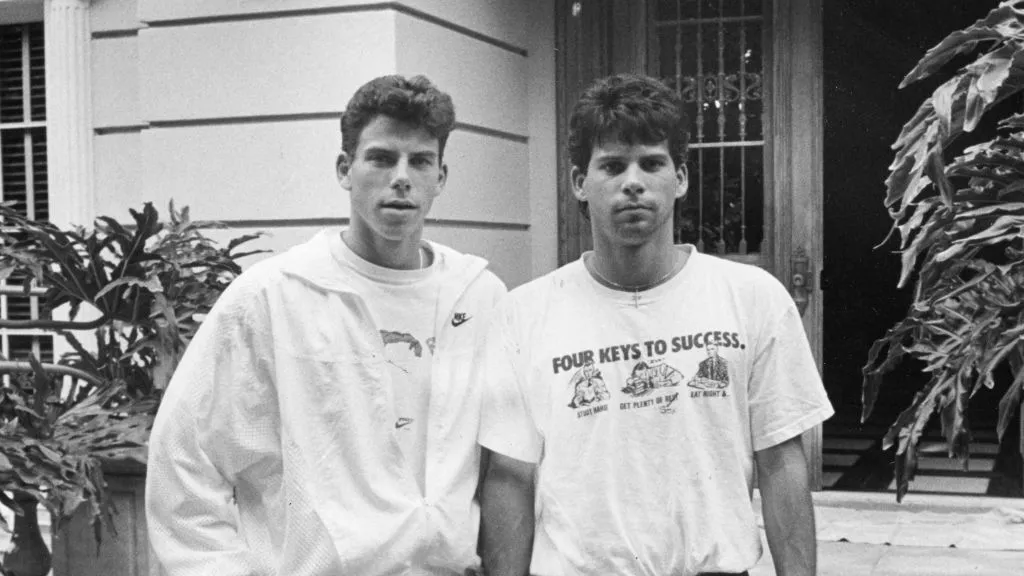

Isriale Dickens | Apr 1, 2019 at 9:43 pm
YES!!! I totally agree with this because I am about to be 13 and me and my friends literally cant go anywhere with out being cat called and asked for nudes and other stuff like that and Millie bobby brown is an actress that I really look up to because she is an inspiration and I feel that most kids would appreciate not being sexually harassed or have to deal with anything sexual.